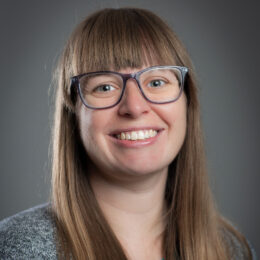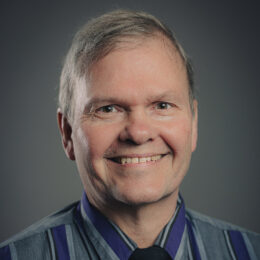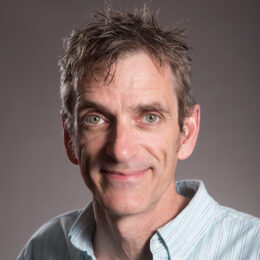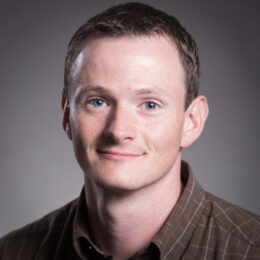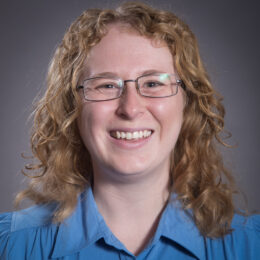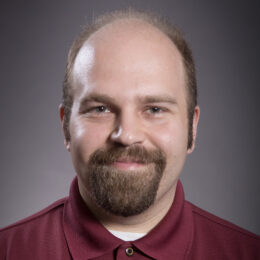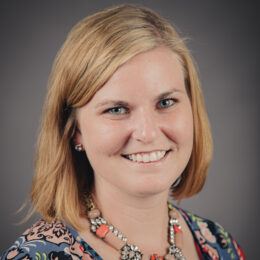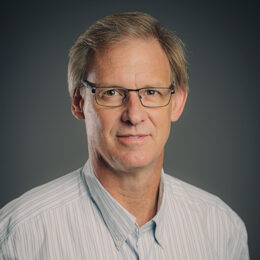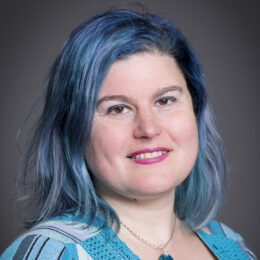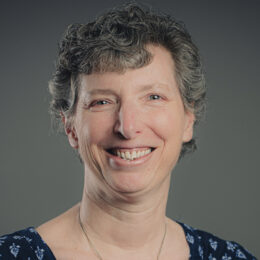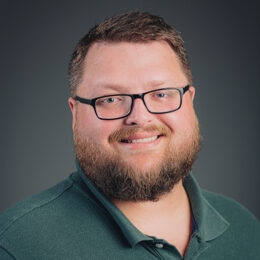Medical Laboratory Science
Manchester University’s Bachelor of Science in Medical Laboratory Science Program equips you with the sought-after skills and knowledge to excel in the fast-growing healthcare field. Our bachelor’s degree in medical laboratory science is an immersive 3+1 program, combining three years of rigorous classroom education with one year of experiential learning in a clinical setting.

Gain Hands-On Experience for Your Healthcare Career With MU’s Medical Laboratory Science Degree
Our major in medical lab science integrates coursework in biology, chemistry, and medical laboratory science with hands-on experiences that enhance your diagnostic and analytical skills. As an MU-prepared medical lab scientist, you’ll perform critical laboratory testing essential to detecting, diagnosing and treating diseases. This includes preparing and analyzing body tissue, blood and fluids to help doctors accurately diagnose and treat patients.
Manchester’s 3+1 program in medical laboratory science offers a supportive and engaging environment that fosters your academic and professional growth. With the guidance of our expert faculty and access to state-of-the-art facilities, you’ll be empowered to make a significant impact in your healthcare career, advancing medical science and improving patient outcomes.
Program Information:
Major | BS
- 48 Credit Hours
Location
- North Manchester
Why Choose MU for Medical Laboratory Science?
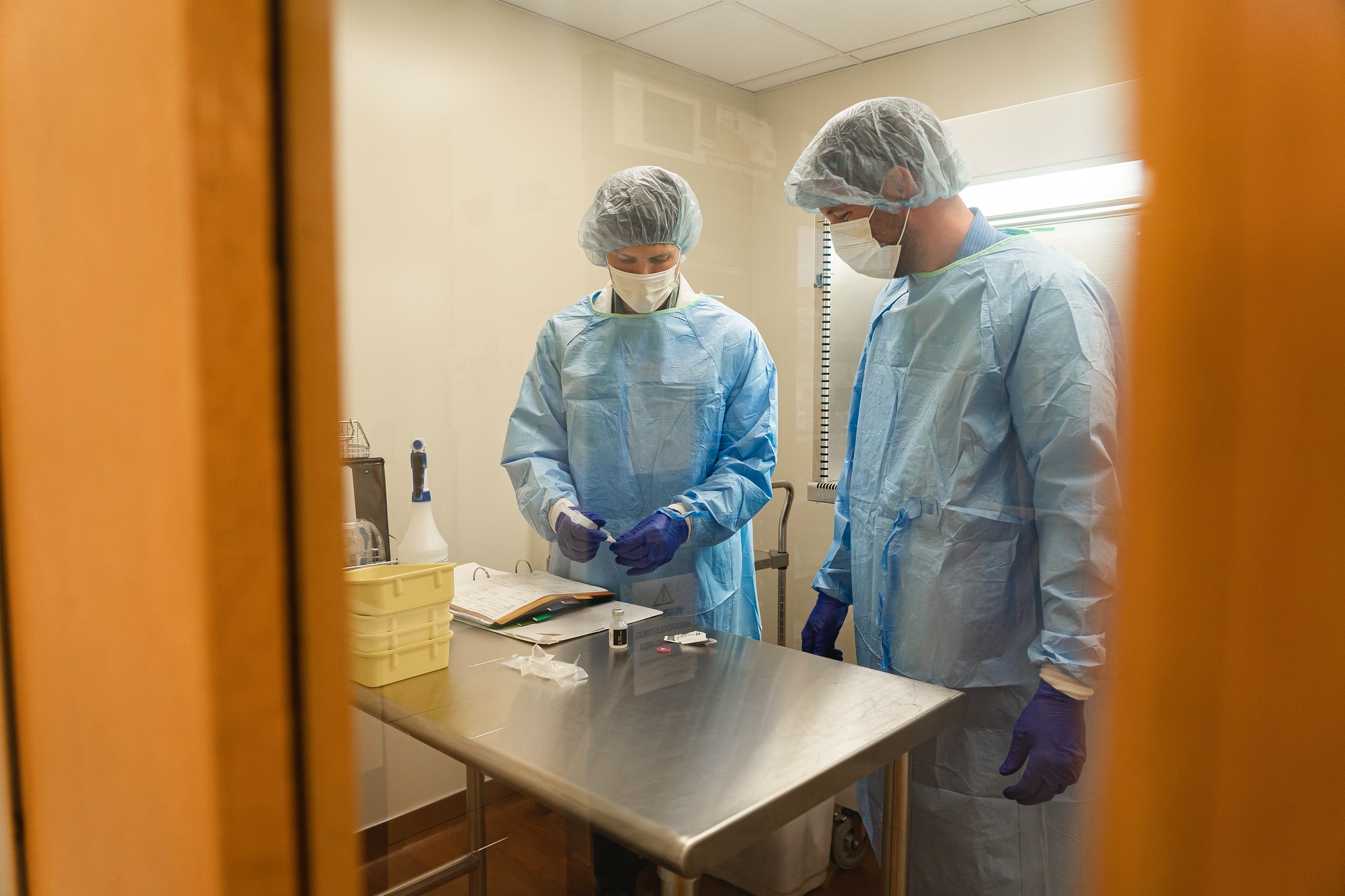
Get Hands-On Clinical Experience
Study in a Thriving Healthcare Hub
Learn From Industry Experts
What You Can Do with Your Medical Laboratory Science Degree
Medical Laboratory Scientist
Analyze biological samples and report results to healthcare providers.
Clinical chemistry technologist
Prepare specimens and analyze the chemical and hormonal contents of body fluids.
Cytotechnologist
Prepare and examine slides of body cells under a microscope, looking for abnormalities that may signal the beginning of a cancerous growth.
Microbiology technologists
Examine and identify bacteria and other microorganisms.

Career Outlook for Medical Laboratory Science Majors
Jobs for clinical laboratory technologists and technicians are expected to grow by 5 percent between 2023 and 2033, keeping pace with the average growth rate for all occupations. Each year, an estimated 24,200 positions are projected to open, largely due to workers changing careers or retiring.
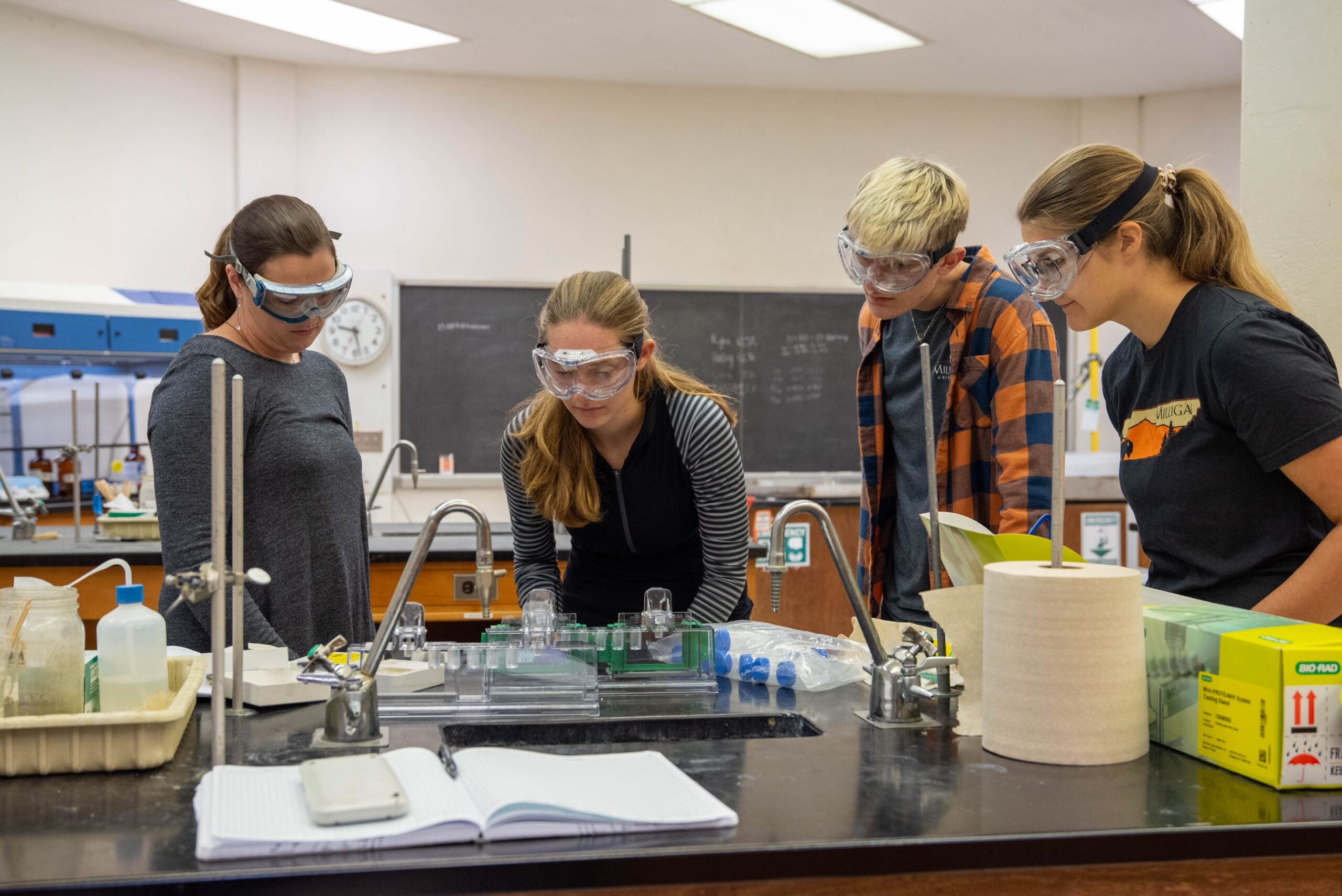
About the Medical Laboratory Science Program
Our major in medical laboratory science offers a rigorous curriculum combining in-depth scientific coursework with hands-on lab and clinical experiences. You’ll develop a strong foundation in biology, including molecular biology, microbiology, human anatomy and genetics. Additionally, chemistry courses, such as organic and analytical chemistry, provide a solid understanding of chemical principles essential to medical laboratory science. Our 3+1 program also includes a medical terminology course, providing you with the necessary language skills for the medical field.
View all required classes for our medical laboratory science major.
Your bachelor’s degree in medical lab science culminates in a clinical year at an affiliated hospital. This experiential learning opportunity allows you to apply your classroom knowledge in real-world settings, honing your diagnostic and analytical skills for your future career.
Manchester students get experience in actual clinical settings during their senior year, including these hospitals and health centers:
Take the next step toward earning your degree. We have the resources to help you get started.
Meet the Faculty
Medical Laboratory Science Learning Outcomes
Program Learning Outcomes
Program Goal 1: Students will explore the natural sciences and relate them to human health.
Program Goal 2: Students will develop technical laboratory skills.
Program Goal 3: Students will develop professionalism needed to succeed in the medical field.
Student Learning Outcome 1: Students will master biological and chemical concepts in coursework spanning various sub-disciplines of biology and chemistry.
Student Learning Outcome 2: Students will perform basic wet laboratory skills commonly used in the disciplines of both biology and chemistry.
Student Learning Outcome 3: Students will prepare comprehensive reports that effectively document laboratory work in adherence to professional standards.
Student Learning Outcome 4: Students will deliver well-organized oral laboratory reports and project presentations that demonstrate effective communication skills by incorporating appropriate technical language and responding to questions with confidence and professionalism.
Non-Discrimination in the Admission Process
Manchester University is committed to non-discrimination in campus life. The University does not discriminate on the basis of national origin, ancestry, race, color, age, sex, gender identity or expression, sexual orientation, familial status, religion, disability or veteran status in admissions or any area of campus life, including its educational programs, scholarships and loan awards, residence life programs, athletic programs, extracurricular programs, promotion and tenure policies and practice, and alumni affairs.
Manchester University is committed to carry out the provisions of Section 504 of the Rehabilitation Act of 1973 and the Americans With Disabilities Act, which provide for accessibility of University programs to the physically disabled.





